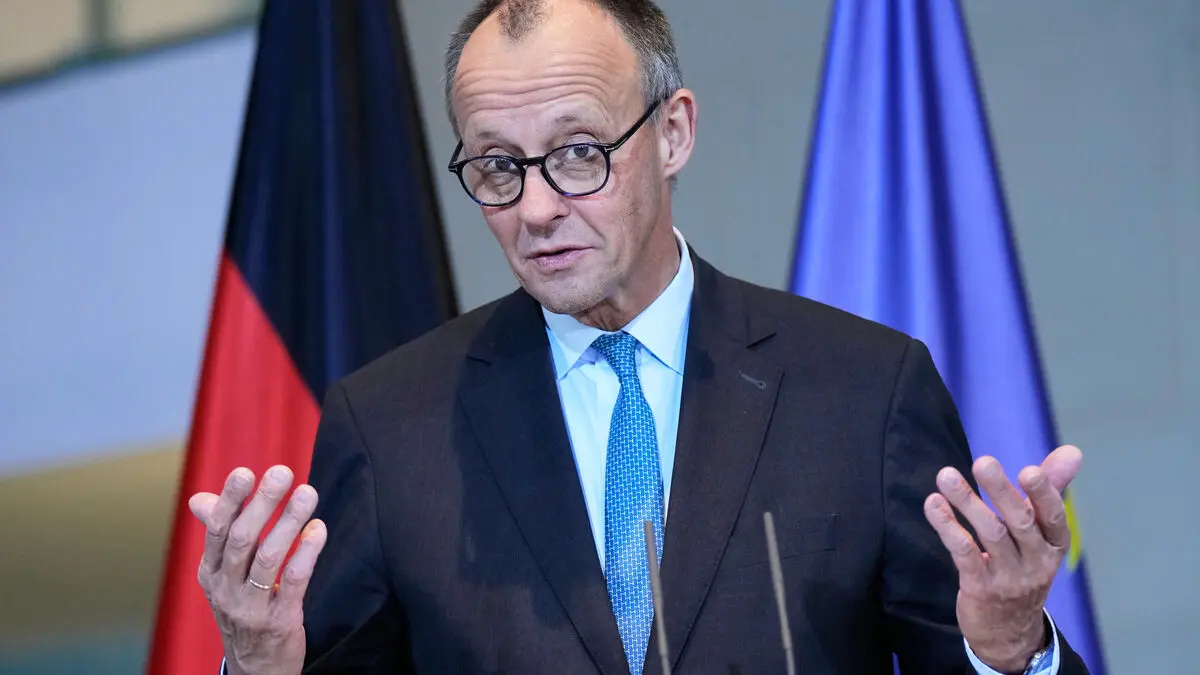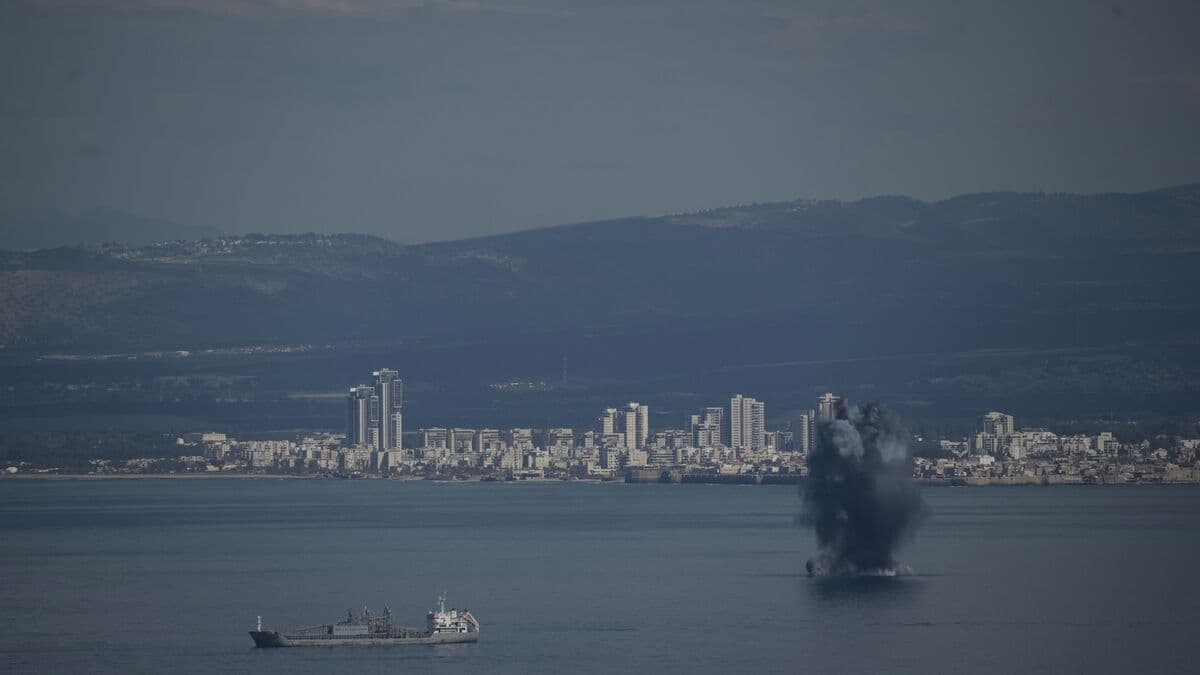On Wednesday afternoon, Merz received Swedish Prime Minister Ulf Kristersson in Berlin, where they both signed an agreement on enhanced cooperation in areas such as security.
One of the topics of conversation was the frozen Russian assets held at a securities institution in Brussels, which both Merz and Kristersson hope can be used to support Ukraine in the coming years. But Belgium fears huge Russian claims for damages, and wants promises that more countries will share the risk.
We do not want to confiscate them, but use them as collateral for a loan, and that loan can support Ukraine for a long time to come, Merz tells TT at a press conference after the meeting with Kristersson.
Discussions with colleagues around Europe are "intense," according to Merz.
I understand the Belgian government's reservations, and we are trying to find a solution to their concerns. We are also trying to get joint guarantees so that we can use this money.
We are of the opinion that we should do it, but some persuasion work still remains.






